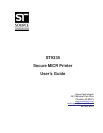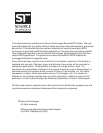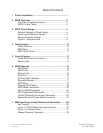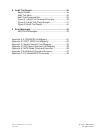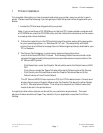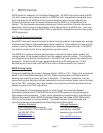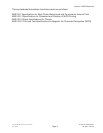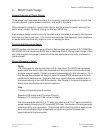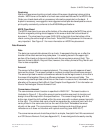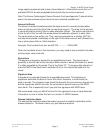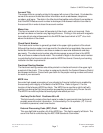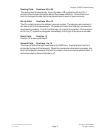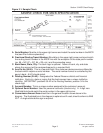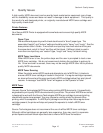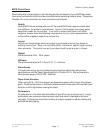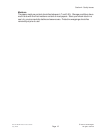
Secure MICR Printer User’s Guide © Source Technologies
July 2003 Page 4 All rights reserved
3 MICR Check Design
General Features of Check Design
To be a legal and negotiable document, the necessary elements required on a check are
the date, amount, payee, drawee institution, and payer’s signature.
Other elements included in a good check design are: the amount in words, account title,
check serial number, fractional routing number and MICR line.
A good check design contains security features and is formatted to be easily read by both
machines and the human eye. If the format is complicated, the depositor, bank employee
or reader/sorter machine may make an error in reading the data.
Position and Dimension Gauge
A MICR position and dimension gauge (Source Technologies’ part number 205-1000MGE or
220-M1027-34) is an important tool for use in designing checks. During check design, check
your output against this gauge to determine if the data elements are correctly positioned on
your document.
Design Elements in Detail
Paper
The ideal paper for check production is 24 lb. laser bond. Our MICR lab has tested
paper stock from most major manufacturers and has compiled a list of products that
produce superior results. Contact your sales representative for this information. For a
fee, Source Technologies will test your paper for proper MICR adherence and check
reader/sorter performance. There are also many security features available to aid in
the overall security of your MICR documents. See Chapter 3 for more information on
check stock specifications and security features.
Size
The size of check documents must be:
Between 6.00 inches and 8.75 inches in length
Between 2.75 inches and 3.66 inches in height
We recommend standard 8.5" X 11" letter size stock or 8.5" X 14" legal size stock for
proper feeding through your ST Secure MICR Printer. The number of checks per page
is determined by your application. Custom size stock other than letter or legal can be
done with proper planning and application programming within the paper size
specifications for the base printer.
Section 3: MICR Check Design



